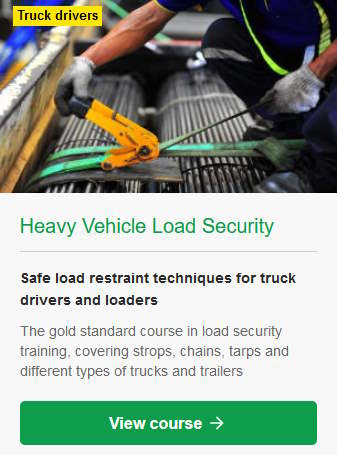HGV ratchet straps are hugely advantageous to the quick and safe loading of freight on lorries. They are lighter than chains and far easier to use than rope, and they provide a wide, flat surface area that spreads the restraining force more than either rope or chains. As long as there is a rope rail or some kind of rated eye, the strap is easy to use.
Looking after straps keeps them strong and prolongs their life.
All straps for HGVs in the UK must conform to standard EN12195-2: 2001 Load restraint assemblies on road vehicles. Safety web lashing made from man-made fibres.
How to maintain the webbing (the strap itself)
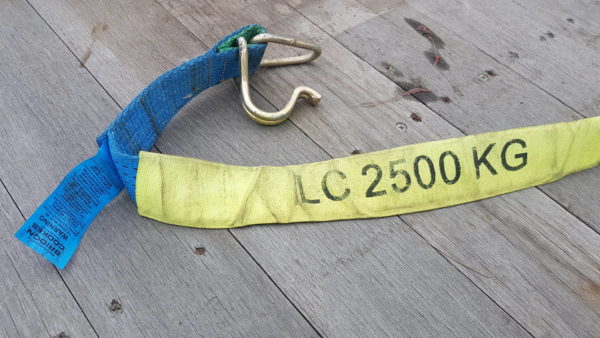
The webbing is a weave of man-made plastic fibres. They gradually wear out due to friction against loads, the abrasive nature of dirt particles trapped in the weave, and the presence of sunlight.
These straps cannot be used to restrain items with sharp edges because even small cuts to the webbing seriously reduce the strength of the strap, and accelerate its decay.
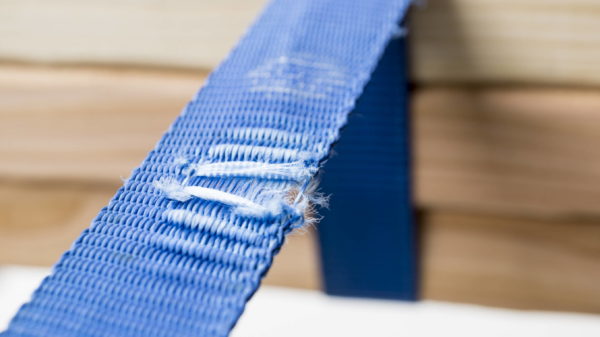
To maintain the webbing:
- Keep them dry when possible (or dry them out properly if they get wet); don’t roll them up and store them wet
- Don’t drop them on dirty ground
- Keep them clean; scrub dirty straps with warm soapy water and dry them properly to prevent mildew forming. Using them in dirty and dusty environments will accelerate wear
- Don’t leave an end to flap around in the wind
- Put a half twist in them so that they don’t vibrate and luff in the wind
- Don’t use them on loads with sharp edges such as scrap steel
- Use plastic corner boards or other protective padding (including protective sleeves), to protect the strap on sharp corners
- Don’t drive over it
- Don’t store them in the sun, store them in a case or box, rolled up. There are online load security courses you can do for more tips and tricks.
How to maintain the ratchet
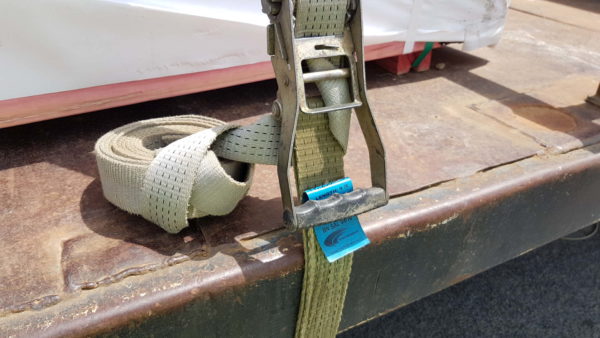
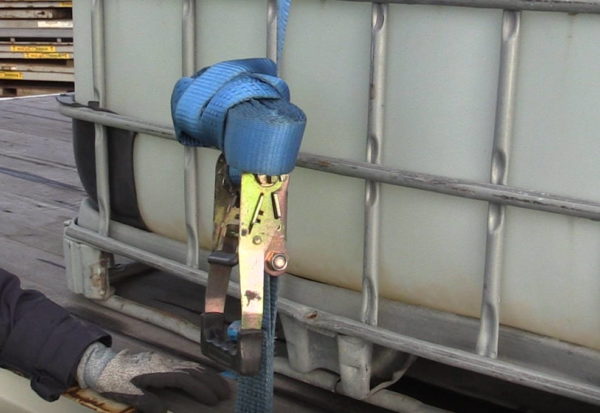
Being metal, ratchets will suffer gradual corrosion and will eventually become stiff or sticky. You can use WD40 or light engine oil to keep the mechanism moving freely; don’t get lubricant on the webbing, though, as dirt will stick to it, causing it to wear out quicker.
How to maintain the hook and keeper
Avoid bending the hook otherwise it will become likely to pop off; be careful not to drive over it. Look for cracks and nicks in the hook.
Good quality ratchet straps are not cheap. That small amount of time it take you to look after them is money in your pocket because your straps will last a lot longer.

